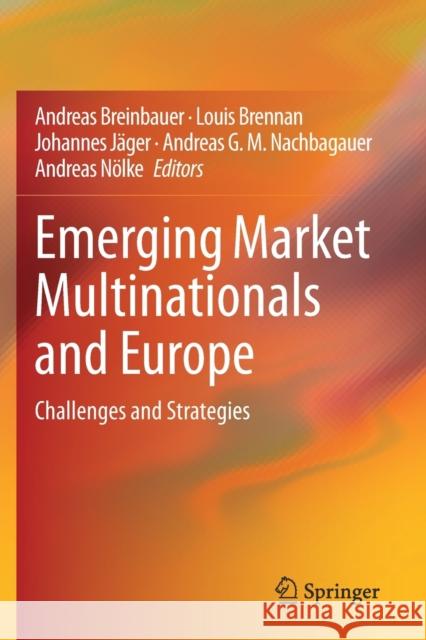Emerging Market Multinationals and Europe: Challenges and Strategies » książka
topmenu
Emerging Market Multinationals and Europe: Challenges and Strategies
ISBN-13: 9783030312930 / Angielski / Miękka / 2020 / 279 str.
Emerging Market Multinationals and Europe: Challenges and Strategies
ISBN-13: 9783030312930 / Angielski / Miękka / 2020 / 279 str.
cena 645,58
(netto: 614,84 VAT: 5%)
Najniższa cena z 30 dni: 578,30
(netto: 614,84 VAT: 5%)
Najniższa cena z 30 dni: 578,30
Termin realizacji zamówienia:
ok. 16-18 dni roboczych.
ok. 16-18 dni roboczych.
Darmowa dostawa!
Kategorie:
Kategorie BISAC:
Wydawca:
Springer
Język:
Angielski
ISBN-13:
9783030312930
Rok wydania:
2020
Wydanie:
2019
Ilość stron:
279
Waga:
0.41 kg
Wymiary:
23.39 x 15.6 x 1.55
Oprawa:
Miękka
Wolumenów:
01
Dodatkowe informacje:
Wydanie ilustrowane











